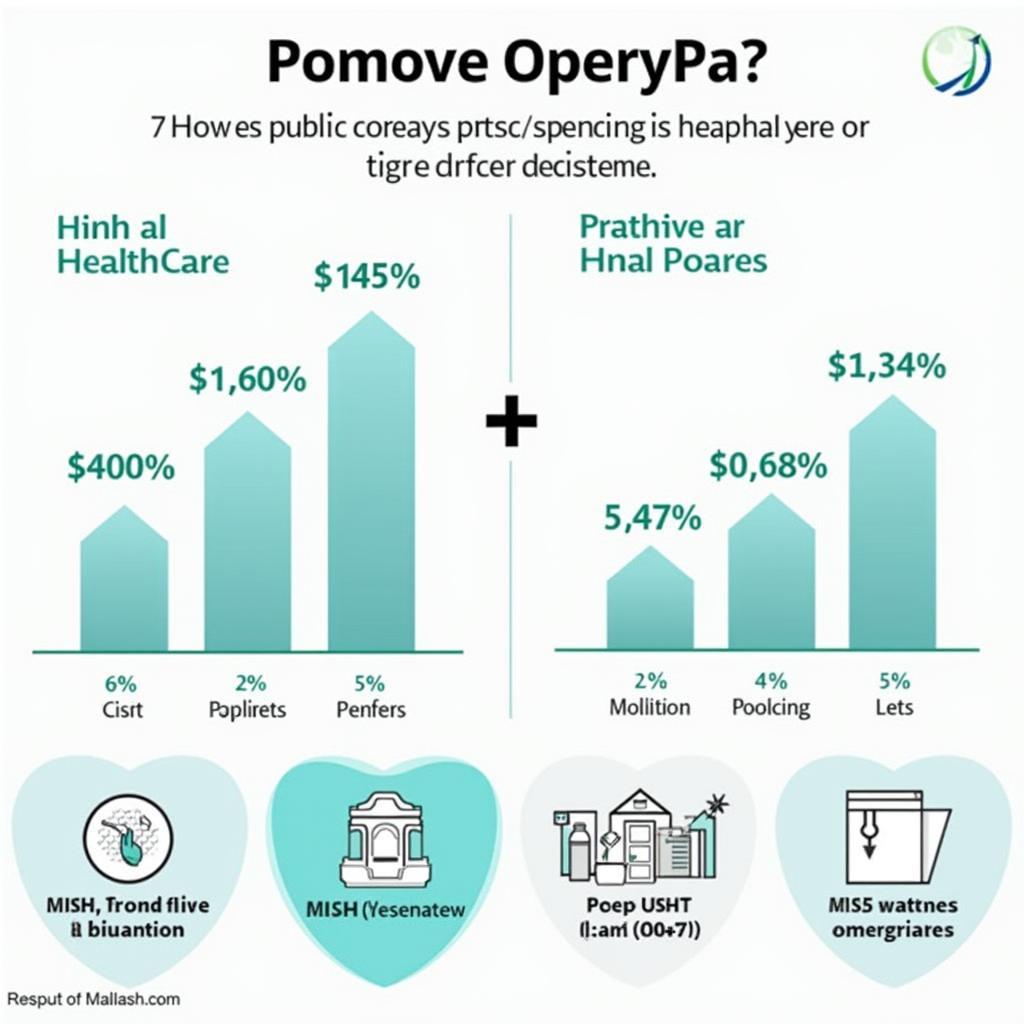The topic of universal healthcare consistently appears in IELTS Writing Task 2, particularly in questions about government responsibilities and social welfare. Based on analysis of past exam papers and Should governments provide free healthcare for all citizens, this theme has appeared in various forms over the past decade.
Task Analysis
Some people believe that governments should provide free healthcare for all citizens. Others think that citizens should be responsible for their own healthcare costs. Discuss both views and give your opinion.
This question requires candidates to:
- Examine both perspectives on healthcare funding
- Present balanced arguments
- Express and justify a personal stance
- Provide relevant examples and evidence
Band 9 Sample Essay
Healthcare funding remains a contentious issue globally, with valid arguments both for and against government-provided universal healthcare. While some advocate for complete state funding, others believe in individual responsibility for medical expenses. This essay will examine both perspectives before presenting my own viewpoint.
Those who support Should governments prioritize healthcare spending? argue that access to medical care is a fundamental human right. A state-funded system ensures that all citizens, regardless of their financial status, can receive necessary treatment. For instance, in the UK, the National Health Service provides comprehensive care without direct payment, preventing situations where people avoid seeking medical help due to cost concerns. Furthermore, preventive care becomes more accessible, potentially reducing long-term healthcare expenses for society.
However, opponents contend that individual responsibility for healthcare costs promotes better health consciousness and reduces system abuse. When people must pay for their medical care, they tend to make healthier lifestyle choices and only seek treatment when necessary. Additionally, private healthcare systems often deliver more efficient and innovative services due to market competition. Countries like Singapore demonstrate how a hybrid system combining personal responsibility with targeted government support can achieve excellent healthcare outcomes.
In my opinion, while complete individual responsibility may create inequalities, a fully state-funded system could strain public resources and potentially reduce service quality. Is healthcare system in your country effective? The optimal solution likely lies in a balanced approach where governments provide essential healthcare coverage while allowing individuals to supplement this with private options. This ensures universal access to basic care while maintaining efficiency and innovation through market mechanisms.
Band 7 Sample Essay
The debate about whether healthcare should be provided free of charge by governments or paid for by individuals is increasingly important in many countries. This essay will discuss both perspectives and share my views on this matter.
Supporters of free healthcare believe it is essential for social equality. When governments cover medical costs, everyone can access treatment regardless of their income level. For example, in Canada, the public healthcare system ensures that even low-income families can receive necessary medical care. This approach prevents people from falling into poverty due to unexpected health problems.
On the other hand, those who favor individual responsibility argue that free healthcare systems often face problems like long waiting times and lower quality services. They believe that when people pay for their own healthcare, they value it more and make better health choices. Moreover, private healthcare systems can offer more advanced treatments and shorter waiting times.
In my view, while both arguments have merit, a combination of both systems would work best. Governments should provide basic healthcare coverage for all citizens, especially for essential services and emergencies. However, allowing private healthcare options could help maintain high standards and reduce pressure on public systems.
 Healthcare costs comparison between public and private systems
Healthcare costs comparison between public and private systems
Key Vocabulary
- contentious (adj) /kənˈtenʃəs/ – causing or likely to cause disagreement
- fundamental (adj) /ˌfʌndəˈmentl/ – forming a necessary base or core
- comprehensive (adj) /ˌkɒmprɪˈhensɪv/ – complete; including all aspects
- inequalities (n) /ˌɪnɪˈkwɒlətiz/ – unfair differences between groups
- hybrid (adj) /ˈhaɪbrɪd/ – something that combines two different elements
- strain (v) /streɪn/ – to put pressure on something
- supplement (v) /ˈsʌplɪment/ – to add something to make it complete
- optimal (adj) /ˈɒptɪməl/ – best or most favorable
These sample essays demonstrate different approaches to addressing the same topic while maintaining appropriate structure and development. The Band 9 essay shows sophisticated vocabulary usage and complex argument development, while the Band 7 essay presents clear ideas with good organization but less sophisticated language.
Consider practicing with similar topics like “Should governments provide free education at all levels?” or “Should public transportation be free for all citizens?” Share your practice essays in the comments for feedback and improvement suggestions.


